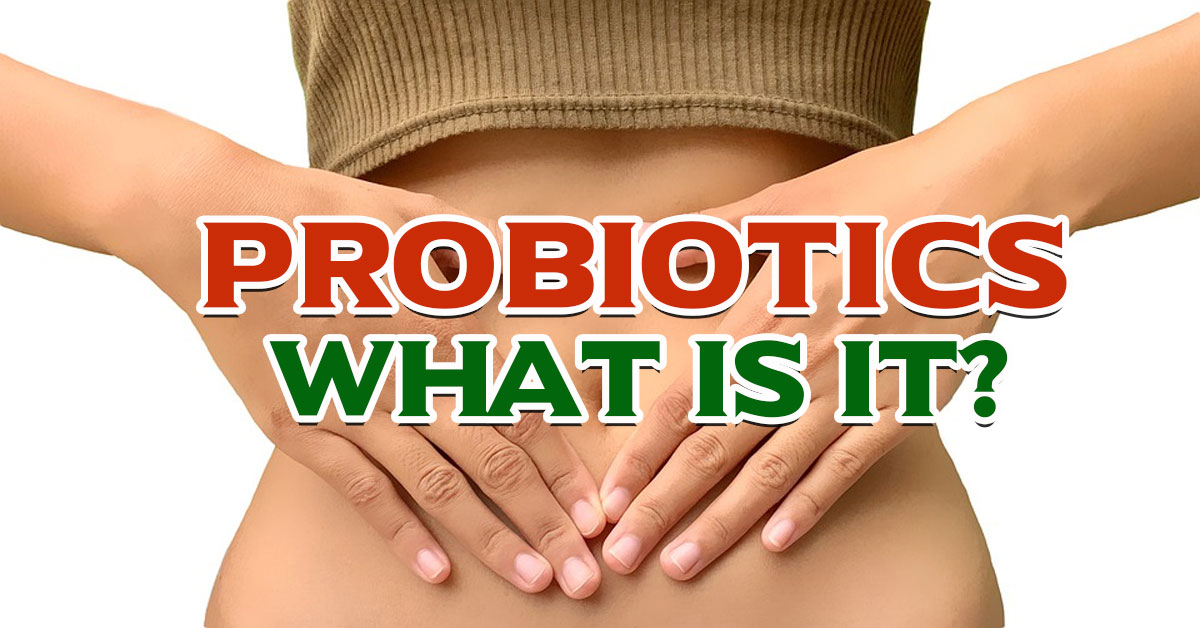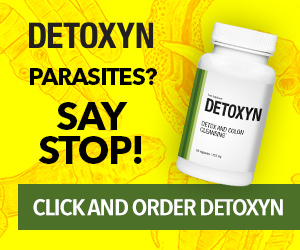Introduction
What Are Probiotics?
Prebiotics has 8 synonyms, antonyms, idiomatic phrases, and related words such as probiotics, Bifidus, probiotic, fructooligosaccharides, inulin, phytochemicals, prebiotics, and synbiotics on this page.
What Are Their Functions?
Probiotics are being studied in depth by scientists who are attempting to figure out how they operate. They may help you stay healthy in the following ways:
Probiotics come in a variety of forms.
Probiotics include a wide range of microbes. They all have various advantages, but the majority of them belong to one of two classes. Inquire with your doctor about which would be the most beneficial to you.
Bifidobacterium. It's found in several dairy products. Irritable bowel syndrome (IBS) and several other disorders may benefit from it.
Lactobacillus. It's possible that these are the most well-known probiotics. You'll find it in yogurt and other fermented foods. Different strains can aid with diarrhea and may be beneficial to patients who can't digest lactose, a sugar found in milk.
Saccharomyces boulardii. In probiotics, there is a yeast called Bifidobacterium bifidum. It appears to aid in the treatment of diarrhea and other gastrointestinal issues. When looking for the best probiotic for women and men, keep the following in mind.
What exactly do they do?
Probiotics influence nerves that govern stomach motility, among other things, which help food pass through the gut. Researchers are currently attempting to determine which are the most effective for certain health issues. The following are some of the most prevalent ailments that they help with:
- Irritable bowel syndrome
- Inflammatory bowel disease (IBD)
- Infectious diarrhea (caused by viruses, bacteria, or parasites)
- Diarrhea caused by antibiotics
There's also some evidence that they can help with issues in other sections of your body. Some people, for example, claim to have been assisted with:
- Skin conditions, like eczema
- Urinary and vaginal health
- Preventing allergies and colds
- Oral health
How to Make Safe Use of Them?
Probiotics are regulated by the FDA in the same way as foods are. Probiotic supplement manufacturers, unlike medicine firms, are not required to demonstrate that their products are safe or effective.
Consult your doctor to see whether probiotics are right for you. Probiotic foods and supplements are generally considered safe for most individuals, while they should be avoided by those with immune system disorders or other significant health concerns.
For the first few days after you start taking them, moderate side effects may include an upset stomach, diarrhea, gas, and bloating. They may also trigger allergic reactions in certain persons. Stop taking these and see your doctor if you have any problems.
Advertising
Frequently Ask Question (FAQ)
What are the best probiotics?
- HealthyHey Nutrition Probiotics 50 Billion CFU Multi- Strains
- Boldfit Probiotics Supplement 30 Billion CFU for men and women
- Carbamide Forte Probiotics Supplement 50 Billion for Women & Men
- Himalayan Organics Probiotics Supplement 35 Billion CFU for women & men
Who should not take a probiotic?
Despite the fact that probiotics are typically harmless, a 2017 assessment found that children and people with serious diseases or impaired immune systems should avoid taking them. Probiotic usage has resulted in bacterial or fungal infections in some patients with these disorders.
What are examples of probiotics?
- Yogurt. Yogurt is one of the best sources of probiotics, the friendly bacteria that can improve your health. ...
- Kefir. Kefir is a fermented probiotic milk drink. ...
- Sauerkraut. Sauerkraut is finely shredded cabbage that has been fermented by lactic acid bacteria. ...
- Tempeh. ...
- Kimchi. ...
- Miso. ...
- Kombucha. ...
- Pickles.
What's the difference between probiotics and prebiotics?
Probiotics are live bacteria strains that increase the population of beneficial bacteria in your digestive tract. Prebiotics are a type of plant fiber that works as a food source for beneficial microorganisms. This encourages the development of beneficial bacteria that already exist.
What type of probiotic is best?
Probiotics having at least 1 billion colony forming units of the species Lactobacillus, Bifidobacterium, or Saccharomyces boulardii, some of the most investigated probiotics, are recommended as a general rule.
How do probiotics differ?
Probiotics vary from other supplements in that they include living organisms, generally specific strains of bacteria, that increase the population of beneficial bacteria in your gut. Probiotics, like prebiotics, can be consumed with food or supplementation.
What are probiotics good for?
Probiotics are beneficial microorganisms that assist keep your body healthy and functioning properly. These beneficial bacteria aid you in a variety of ways, including fighting off harmful bacteria when there is an excess of it and making you feel better. Probiotics are a component of your microbiome, which is a bigger picture of microorganisms and your body.
Is it OK to take a probiotic every day?
Is it safe to take probiotic pills every day? This is a popular question concerning probiotics. While there are a few exceptions to this rule, the overall answer is that taking them every day is safe and typically encouraged. It's critical to remember that probiotics are dietary supplements, not medications.
What are good probiotic foods?
Yogurt, kefir, kombucha, sauerkraut, pickles, miso, tempeh, kimchi, sourdough bread, and certain cheeses are some of the most popular fermented foods that naturally contain probiotics or have probiotics added to them.
Do probiotics make you poop?
Probiotics can help you defecate, especially if you have irritable bowel syndrome and are experiencing constipation (IBS). It's critical to remember that probiotics aren't laxatives. It is not their aim to stimulate your bowels.
When should I take probiotics?
Some experts suggest that taking your probiotics before breakfast instead of before night may be better for your gut health. Probiotics can find their way into your small and large intestines before breakfast since stomach acid production is typically at its lowest in the morning.
Can probiotics cause anxiety?
Probiotics had no statistically significant effect on the anxiety levels of persons with depression or anxiety, according to two investigations. Probiotics had no influence on people's sadness and anxiety ratings, according to two research.
Is lemon juice probiotic?
Is lemon water a probiotic? Originally Answered: Is lemon water a probiotic? The lemon water contains vitamins and minerals, but no probiotics. The probiotic property of the intestine helps to digest food, decrease acidity, and so forth.
Are bananas probiotic?
Almost every kitchen has a bunch of fresh bananas on hand. Bananas are also high in prebiotics, which help to activate the probiotic bacteria found in yogurt and kefir. Probiotics are beneficial to your immune system, digestion, and urinary and genital health.
Which vegetables have probiotics?
- cucumbers.
- carrots.
- radishes.
- green beans.
- cauliflower.
- red bell peppers.
What are prebiotics examples?
Whole grains, bananas, greens, onions, garlic, soybeans, and artichokes are all high in prebiotics. Probiotics and prebiotics are also available as dietary supplements and are added to various meals. The association between gut microbiota and illness is still being researched.
What are the advantages of probiotics and prebiotics?
Prebiotics and probiotics are both beneficial to your gut health, but they work in different ways. Prebiotics provide nourishment for the good bacteria in your stomach. They're carbohydrates that your body can't break down. As a result, they go to the lower digestive tract, where they function as food for the good bacteria.
What are the Benefits of Probiotics and Prebiotics?
Both prebiotics and probiotics help in the development and maintenance of a healthy colony of bacteria and other microorganisms in the gut, which facilitates digestion. By supplying food and establishing an environment in which good bacteria may thrive, these dietary components aid in the promotion of beneficial bacteria.
Amazon Sponsored
Also, Read This:












